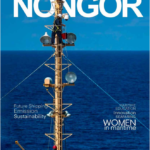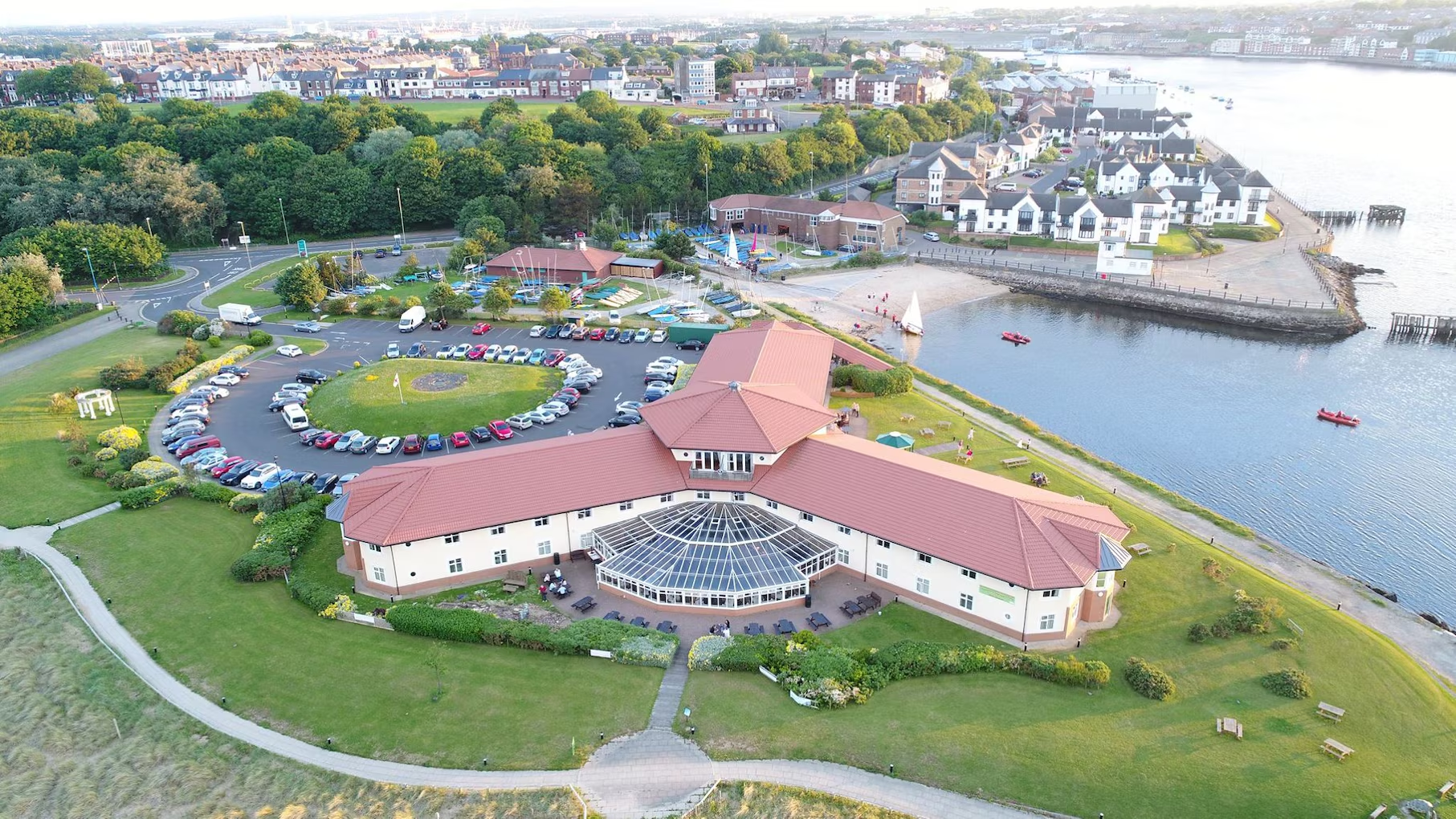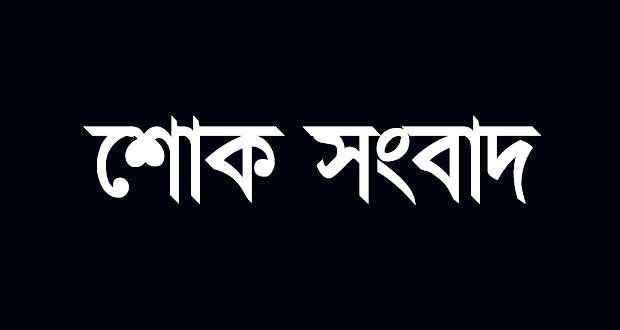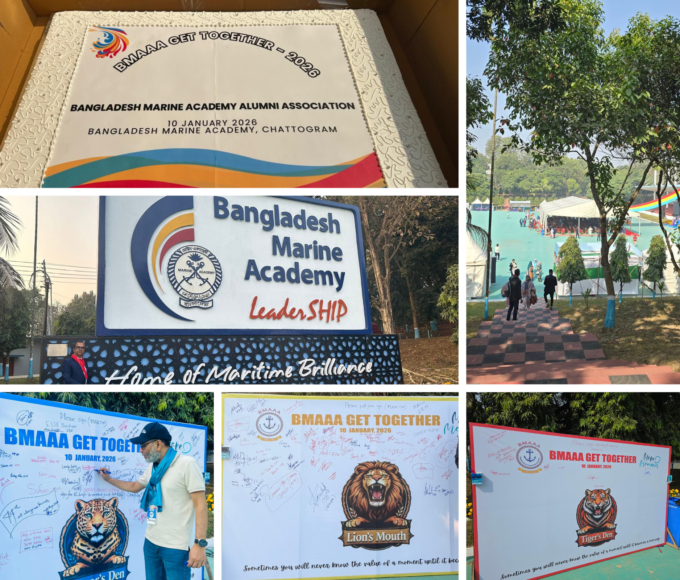“Criminalisation is a very serious problem for seafarers. They are too often detained and denied access to normal rules of fair play and justice with which to defend themselves against criminal charges. Seafarers have a right to undertake their work without fear of being treated unfairly, or, even worse, placed in detention without recourse to fair justice and representation.” —- ITF maritime co-ordinator Jaqueline Smith.
Kazi md Abu Sayed, assistant general secretary (youth representative), Bangladesh Merchant Marine Officers’ Association (BMMOA), shares the shocking story of the Asteris crew in Nigeria.
—————————————————————————————————————-
The Panama-flagged oil tanker Asteris was at anchorage waiting for repairs and had loaded its cargo at Cotonou, Benin, when four Bangladeshi third engineers joined the 18 crew already on board in March 2015. They were employed through the local agent of a Greek management company, Western Mediterranean Shipping, which had an agreement with owner Sea Crown Maritime.
They quickly discovered that the ship’s safety equipment was out of order and there was no safety culture on board. The accommodation and the food were of a poor standard.
On 26 March the vessel sailed for a sea-trial to check machinery performance. As third engineer Rafiqul Islam headed to his cabin at 4am, the chief engineer told him the ship would stay within Cotonou’s waters. When he awoke, he discovered that the ship had been arrested by the Nigerian navy over a lack of cargo documentation and the vessel was 100 nautical miles from the nearest land, Lagos in Nigeria.
The navy brought the vessel to anchorage in Lagos on 30 March and took 11 crew members into detention for questioning. After seven days, it returned them to the vessel and handed the matter to the Nigerian Economic and Financial Crimes Commission (EFCC).
The EFCC detained five crew members for investigation for around six weeks, before releasing the superintendent and allowing him to go home to Greece. On 10 June it charged nine of the Filipino and Bangladeshi crew – the captain, chief officer, chief engineer, third officer, two third engineers, two pump men and one oiler – and detained them on 16 June. The four charges against the men related to the ship’s cargo certificates, yet the Bangladeshi crew hadn’t even boarded when the fuel was loaded. The Ghanaian and Beninois crew members, who worked year-round on the Asteris, were not charged.
The vessel was arrested in Lagos and from 18 June 2015 the five Filipino and four Bangladeshi seafarers were under trial in the Lagos federal court and held in prison. On 15 December that year they were convicted on the charge of smuggling the cargo of crude oil.
The nine were sentenced to five years in prison if they did not pay a fine of 20 million Naira (approximately USD100,000) each. The shipowner refused to pay the fines, even though he owed them months of salary, instead he abandoned them. The prison was hot, overcrowded, violent and drug-ridden. The sanitary facilities were poor, there was no place to take a shower and the water supply was intermittent. The men received little water or food unless they paid bribes, and had no communication with their families.
The company promised to arrange bail, but didn’t. Nor did it provide food or provisions, or the money to purchase them with. The men were constantly hungry, until Bangladeshi seafarers on visiting ships gave them money to buy food, kerosene for cooking and drinking water. Without this financial help, they wouldn’t have survived.
Mr Islam told me: “Each court hearing raised then dashed our hopes, and caused us suffering and mental torture. Occasionally we were taken to court but the court didn’t sit because the judge or a lawyer was absent. Sometimes we felt it would be better to commit suicide rather than this terrible suffering.
“At each hearing, our company-appointed Nigerian defence lawyer gave us hope that we would be freed but he was lying to us about our bail and was in reality acting on behalf of the notorious ship owner. Whenever we pressured our company for our bail or food or our salary, it threatened us to keep silent.”
Meanwhile, 13 crew members remained stranded on the Asteris and asked the ITF for help. The ITF swiftly provided them with provisions through ISWAN (International Seafarers Welfare Assistance Network) and helped to repatriate them. When the BMMOA learned about the imprisoned Bangladeshi men, we immediately alerted the Bangladeshi maritime community and government, and the ITF in London. The ITF appointed a law firm in Lagos to help with their appeal.
My union started fundraising to pay the men’s fines. The response from our members around the world was so generous that we raised the sum needed within three months. The seafarers were released from jail and repatriated to Bangladesh on 2 May 2016. Since then, we’ve helped the men and their families with money and emotional support, and now all of them are back at sea in good health.
The fate of the Filipino seafarers At the time of Seafarers’ Bulletin going to print, the five Filipino seafarers were still being detained in Ikoyi prison in Nigeria, having had their motion for appeal denied in October 2017. ITF union Amosup in the Philippines, together with ISWAN and the Philippines Department for Foreign Affairs (DFA), are working together to help them, and the DFA has granted the seafarers legal assistance.
 ITF Seafarers Bulletin No 32 2018
ITF Seafarers Bulletin No 32 2018
This article was published in Seafarers Bulletin No 32 2018.
















Leave a comment